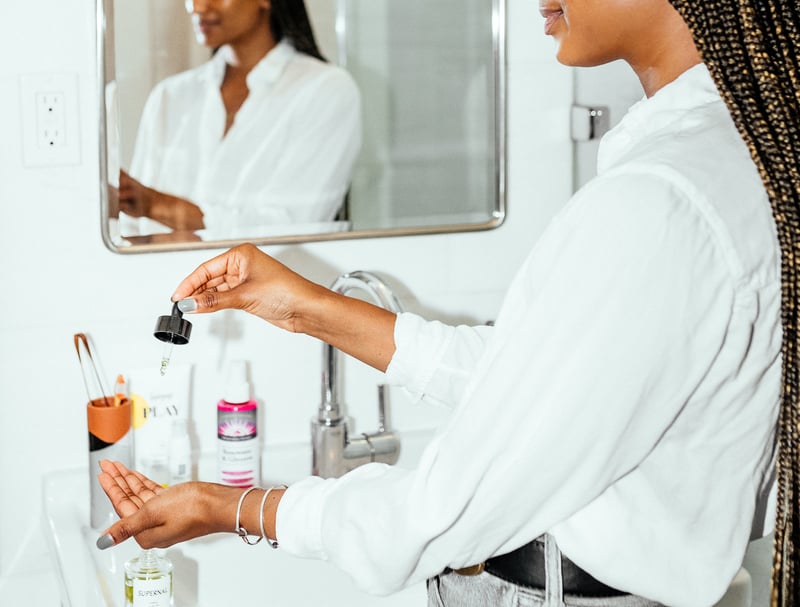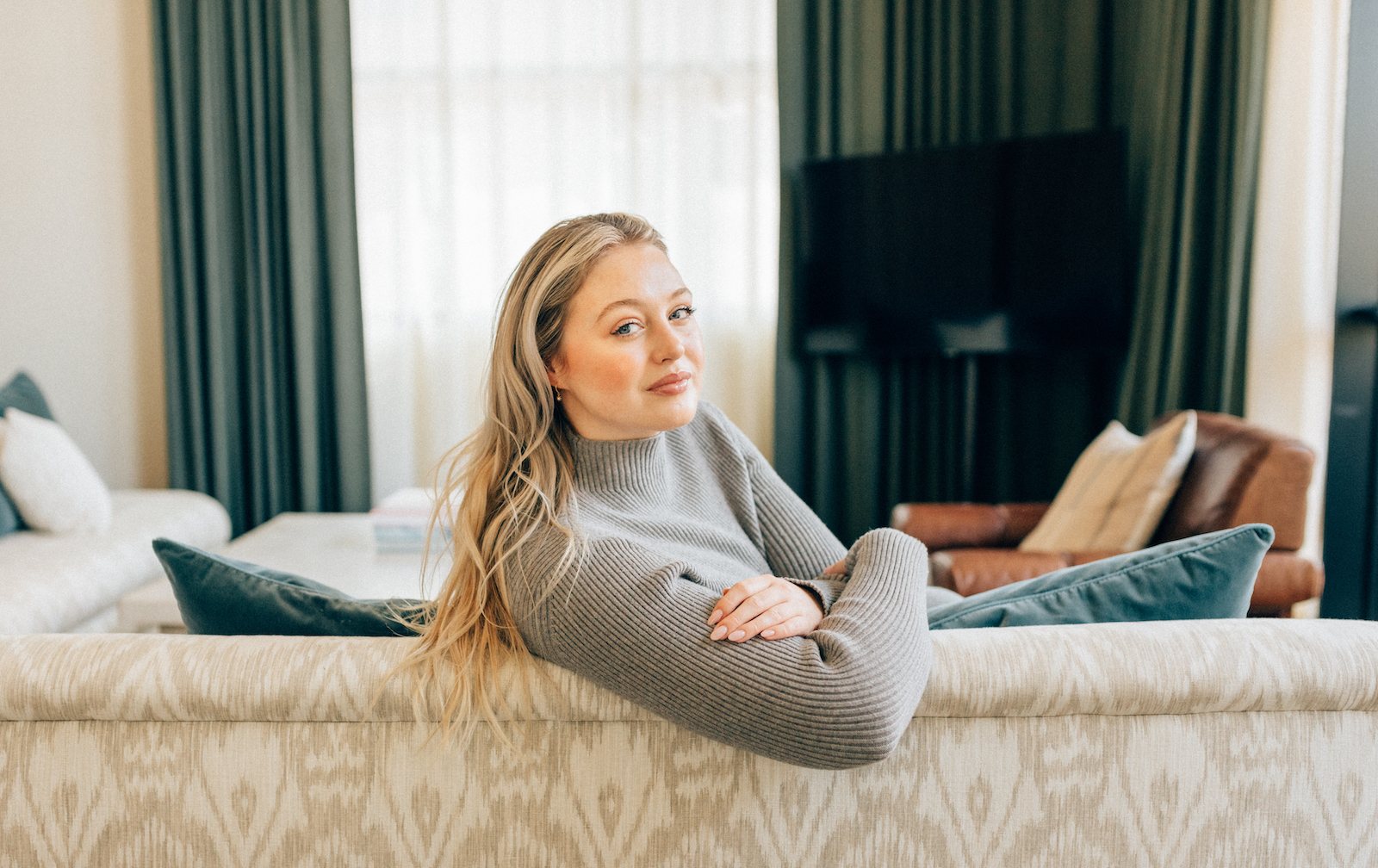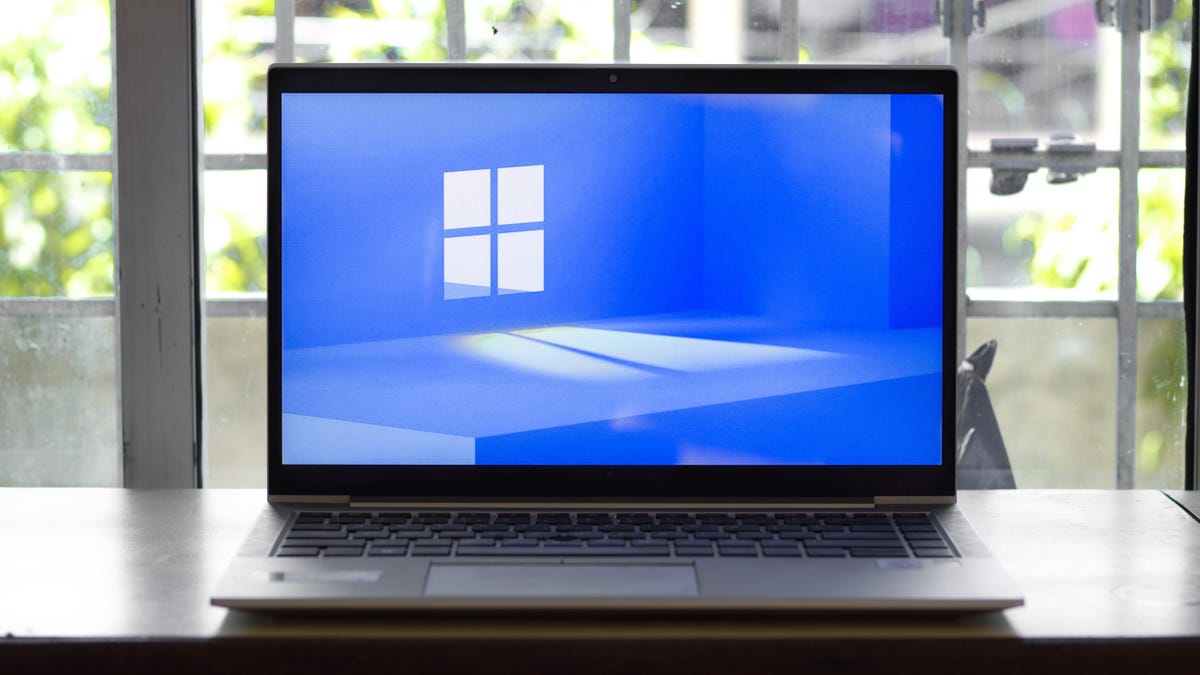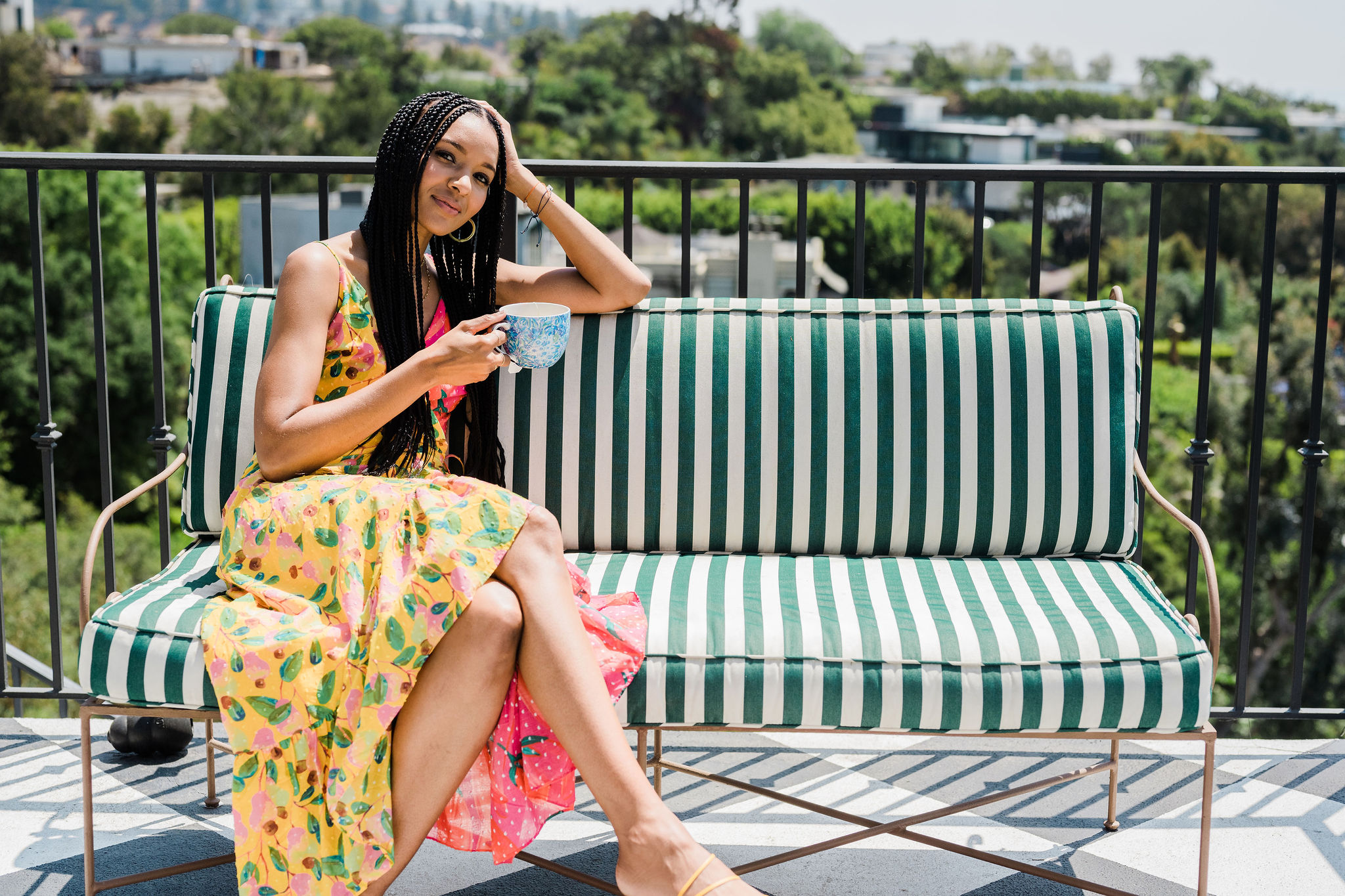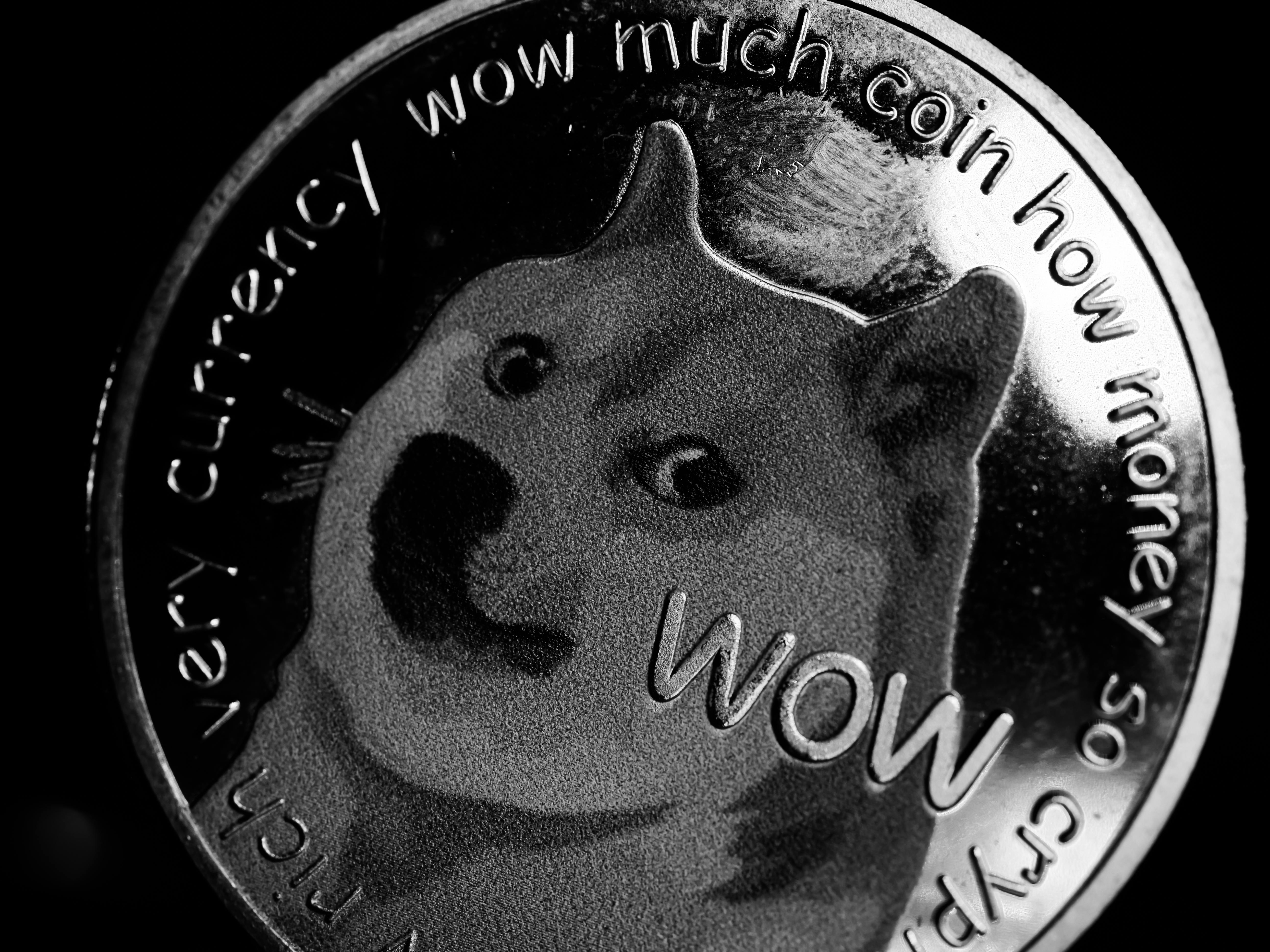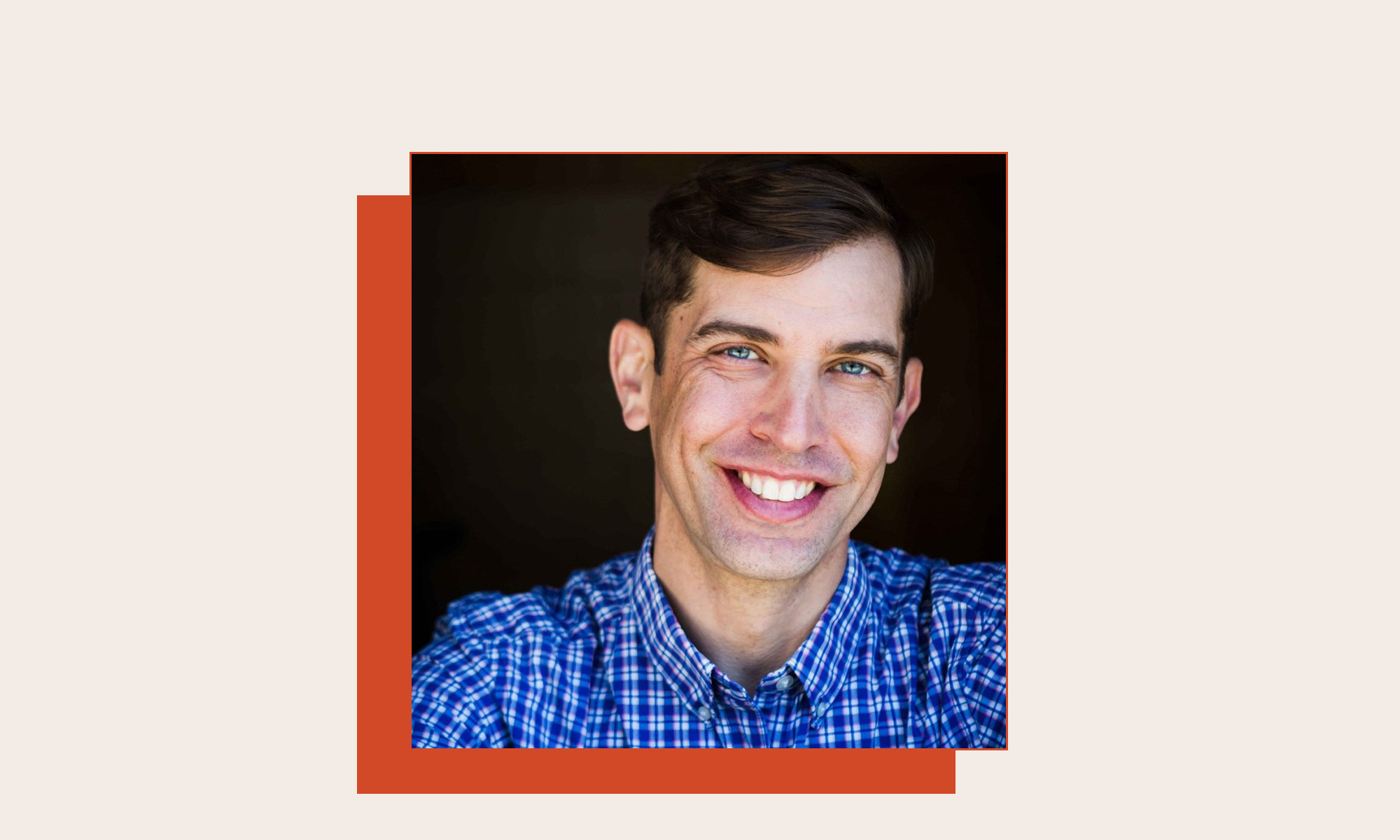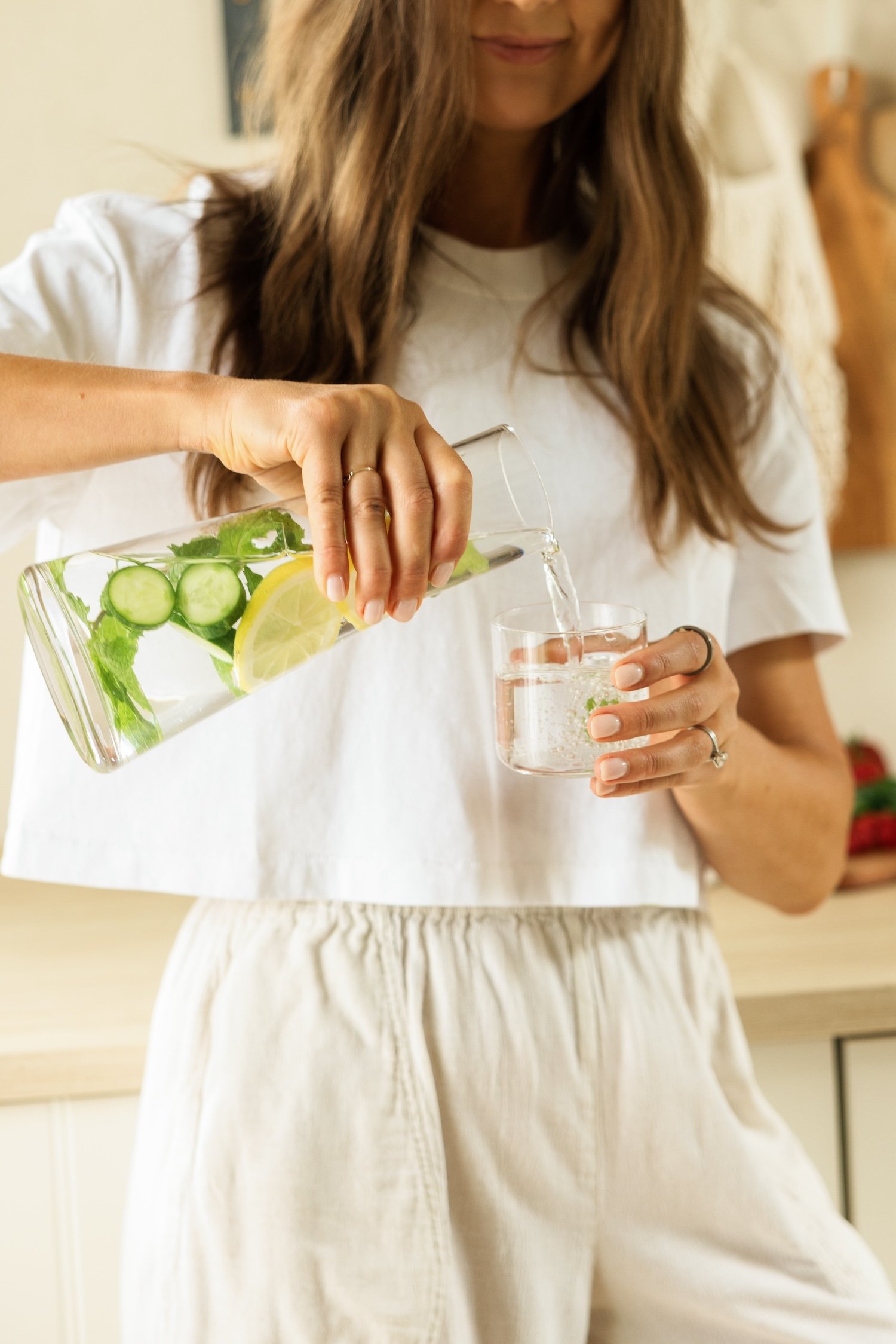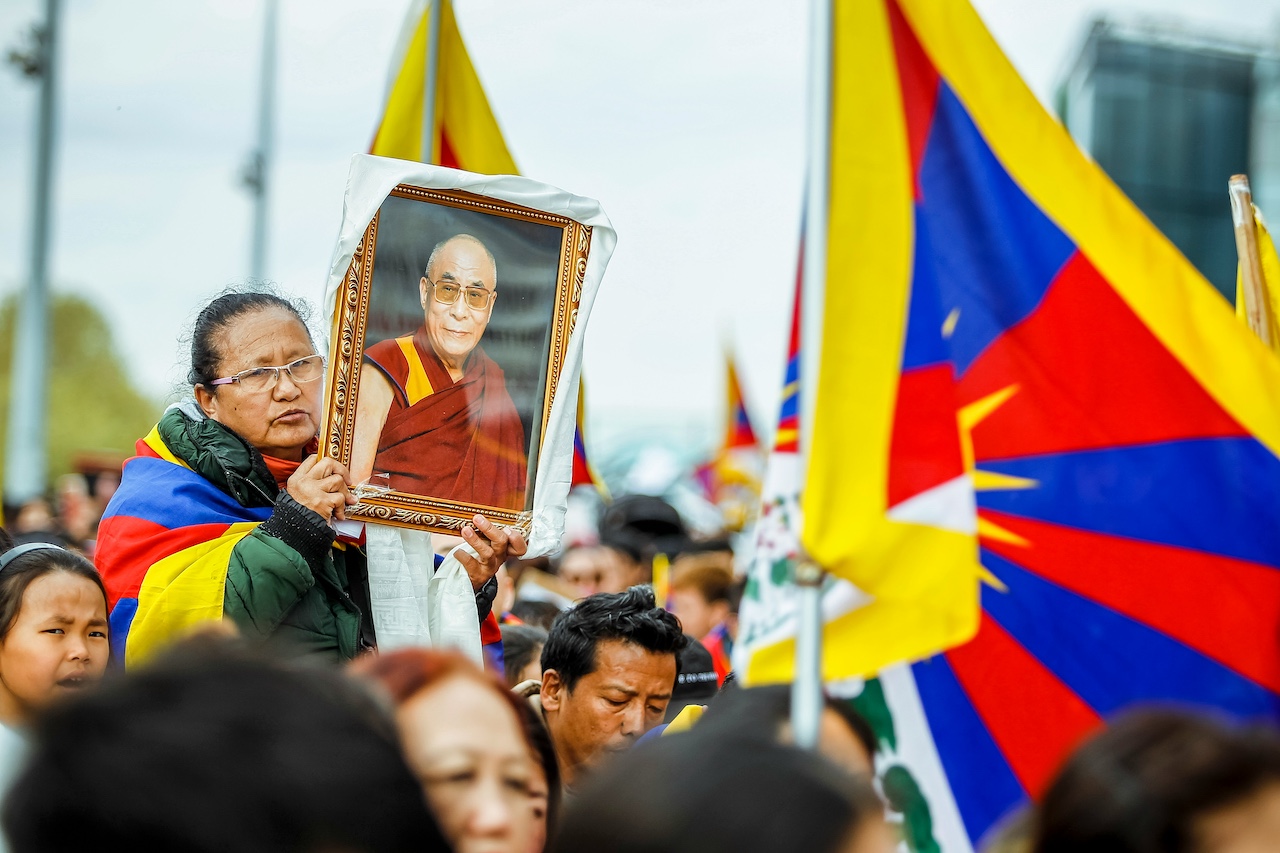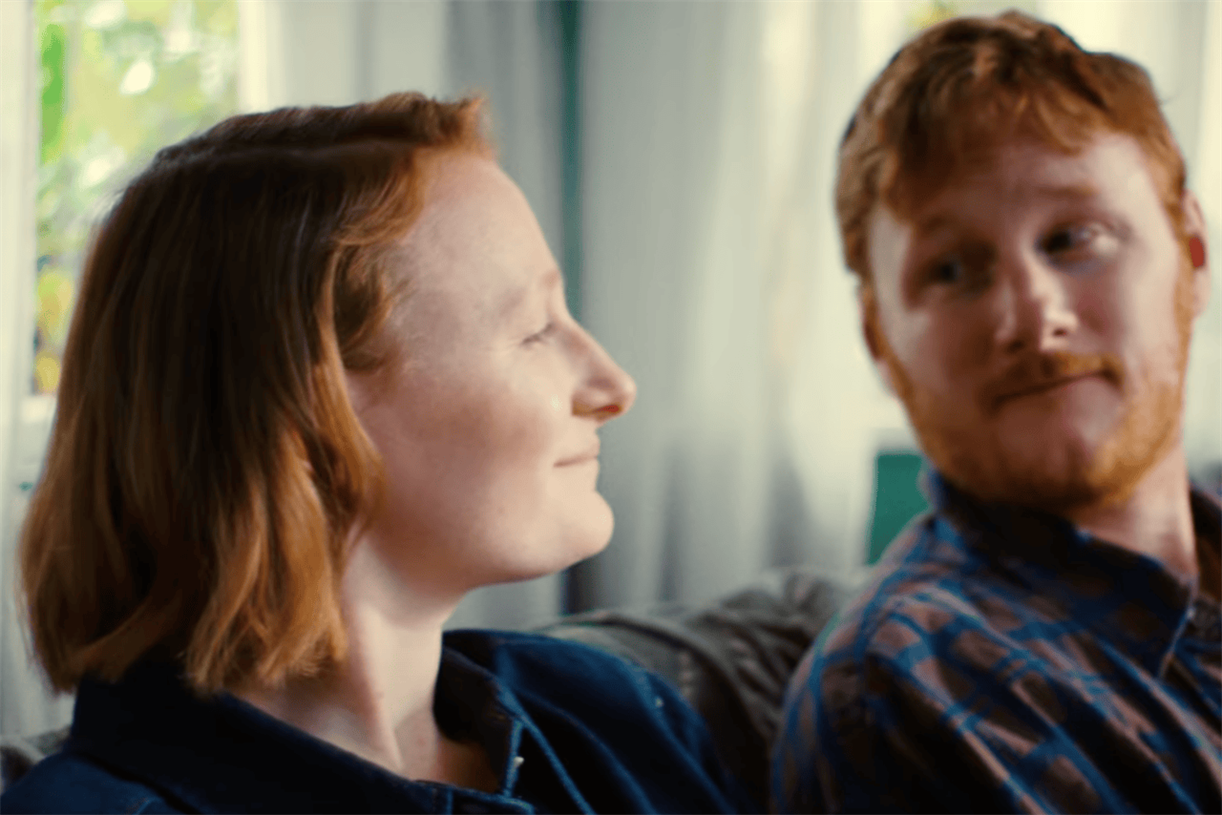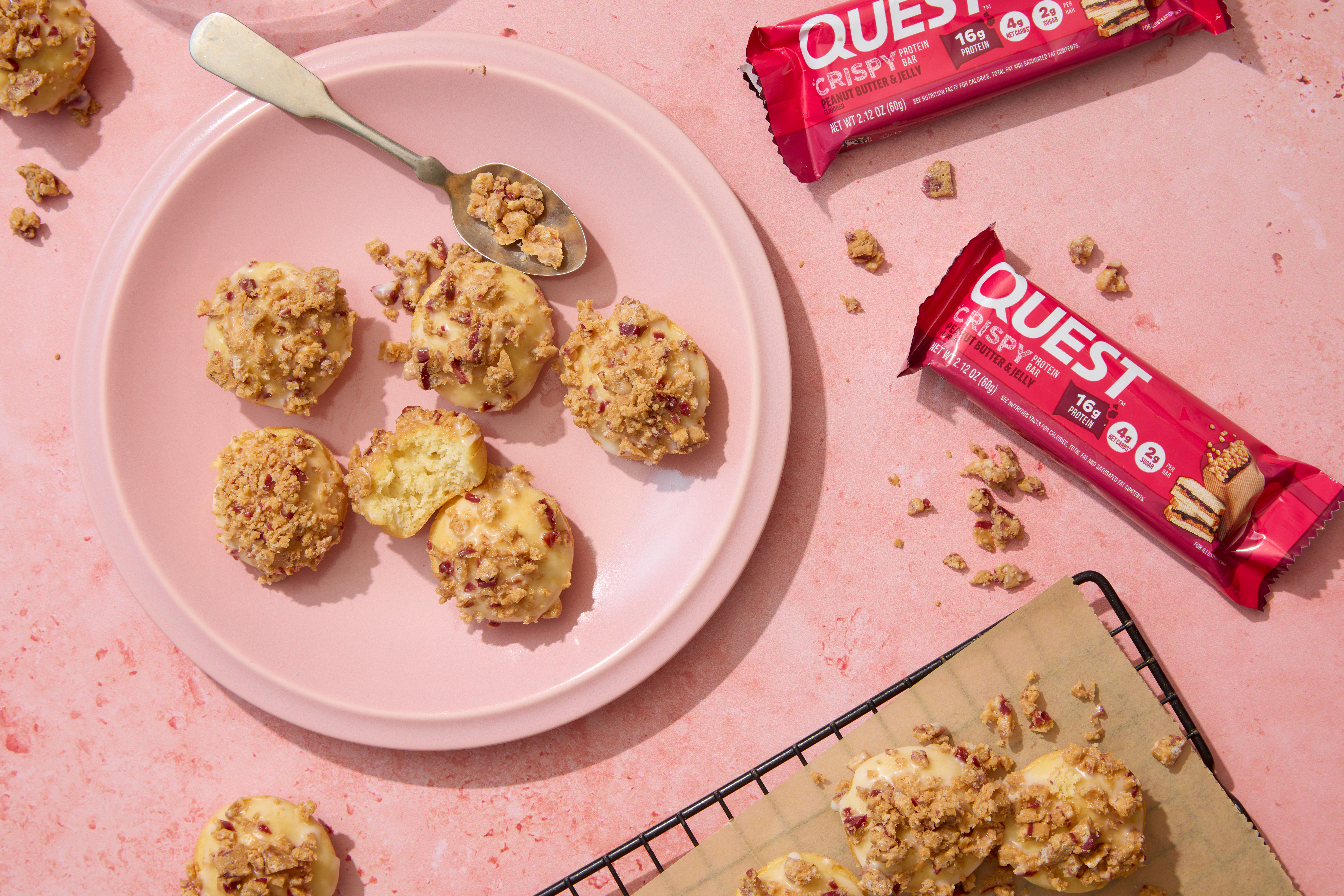Aunties who can’t stop hoarding plastics will love this Penangite’s beeswax wraps
Krinkle is a Penang-based ecommerce brand selling reusable beeswax food wraps as an alternative to plastic cling film.

It all started with an obsession with bubble tea.
Beverages with tapioca pearls have become commonplace in Malaysia today, but that wasn’t always the case. Hailing from Penang, May Sheng was a part of this “bubble tea era” that took over Malaysia.
Noticing all the plastic waste produced by the bubble tea craze, this was the era that May started being interested in eco-friendliness. She started making an effort to bring her own cups and straws, which eventually made her contemplate how she could do more.
“I think we’ve seen the viral photos of whole streets filled with plastic cups,” she said. “And, I don’t know, maybe being an aunt and having a baby niece… I’m like, ‘poor baby’.”
So, in 2020 during the early days of the pandemic, May started thinking about launching an eco-friendly brand, but she didn’t want to do “something generic” such as selling metal straws.
“I have this friend, she’s a fashion designer,” May said. “She was telling me how you can use fabric to replace cling wrap.”
Intrigued, May looked further into the concept and found it to be interesting. Furthermore, the lockdowns also served as some kind of silver lining—with more people cooking and baking at home, it seemed like the right time to launch something such as beeswax wraps.
Facing the competition
Formerly in the marketing trade, May has been able to make Krinkle her full-time commitment. With her last job working for her father, she was able to have a more fluid transition into running Krinkle full-time.
 Image Credit: Krinkle
Image Credit: KrinkleBeeswax food wraps aren’t new, though. The concept had taken off with sustainability movements around the world. In Malaysia alone, there are other names who are doing such wraps, such as Saffron & Serai.
“I don’t really see it as competition,” May said. “Because right now, I feel like beeswax wraps are still quite new, especially in the Malaysian market. So, it’s not just like marketing a generic product, it’s also kind of educating and sharing about it.”
When Krinkle first started, May felt like beeswax wraps were still very niche, whereby only those in the zero-waste community knew about them. As such, she would have to educate many others about what it was.
“So, I’m happy that there are other people also trying to spread [awareness] around and make beeswax wraps more of a common household thing,” May explained.
Not just for the eco-warriors
As May brought up, the zero-waste community is quite familiar with beeswax wraps already. Rather than just serving that market, Krinkle also hopes to broaden its demographic to people who aren’t necessarily as eco-conscious.
“At first I was thinking the younger generation because they’re the ones who are going to educate and spread awareness,” May said regarding finding her target demographic.
“But also, I had customers who are aunties who are so happy to learn about the new product. They’ll message me, ‘oh my God, my spring onions are still fresh after one week’,” she laughed.
This is because more than an alternative, beeswax wraps can also be an upgrade from normal plastic wraps. Beeswax is more breathable than plastic, and thus it’s able to keep food fresher for longer.
 Image Credit: Krinkle
Image Credit: Krinkle“Not only are you preventing plastic waste, you’re preventing food waste as well,” May reminded.
May also believes the reusability of the wraps will also appeal to those who like to save, as most beeswax wraps can last up to a year of usage when used properly. This means avoiding hot temperatures.
However, at RM30 for a 14×13-inch (35.5x33cm) wrap, it might seem rather pricey upfront to people looking for cheaper alternatives.
Compared to Saffron and Serai, which sells sets of two wraps of roughly the same size for RM65, Krinkle’s products are somewhat more affordable.
Withstanding the heat
Considering that beeswax wraps aren’t exactly difficult to make, with Saffron and Serai making their own by hand, it might be surprising to learn that Krinkle’s products are actually outsourced.
“Because in Malaysia, we have a more humid weather, so it was hard trying to get the consistency right, because it would get too waxy and sticky,” she explained.
After going through some samples, May finally found the right manufacturer to work with.
But with the product being outsourced, there’s a question of why customers should buy from Krinkle rather than directly from the manufacturer.
 Image Credit: Krinkle
Image Credit: KrinkleTo this, May shared that her brand adds value mainly in terms of curation as well as branding and community.
“I like to think of Krinkle as a sharing and education platform where I share tips and tricks on how to use the wraps better,” she shared.
So far, the Penang-based brand has released quite a variety of designs. Many seem to be quite bright and preppy, featuring tropical and floral designs.
Other than the wraps, the brand also offers reusable silicone mats now.
“My dream is for Krinkle to be a house brand,” May shared. “Like for sustainable, cute products.”
Wrapping it up
With Penang being home to quite a few zero-waste stores, it seems like a fitting location for May.
However, May believes most zero-waste stores typically prefer having their own products rather than sourcing their supplies from another brand.
As such, Krinkle is still focusing on ecommerce for now, though May plans to get her brand into more physical stores soon.
May also aims to collaborate more with other brands and has approached cafes and grocery stores too.
Today, beeswax wraps are certainly more common than before, but May says that they’re still relatively new.
But with efforts from brands such as Krinkle as well as Saffron and Serai, perhaps beeswax wraps will become as popular of an alternative as metal straws.
Learn more about Krinkle here.Read other articles we’ve written about Malaysian startups here.Featured Image Credit: Krinkle

 KickT
KickT 








